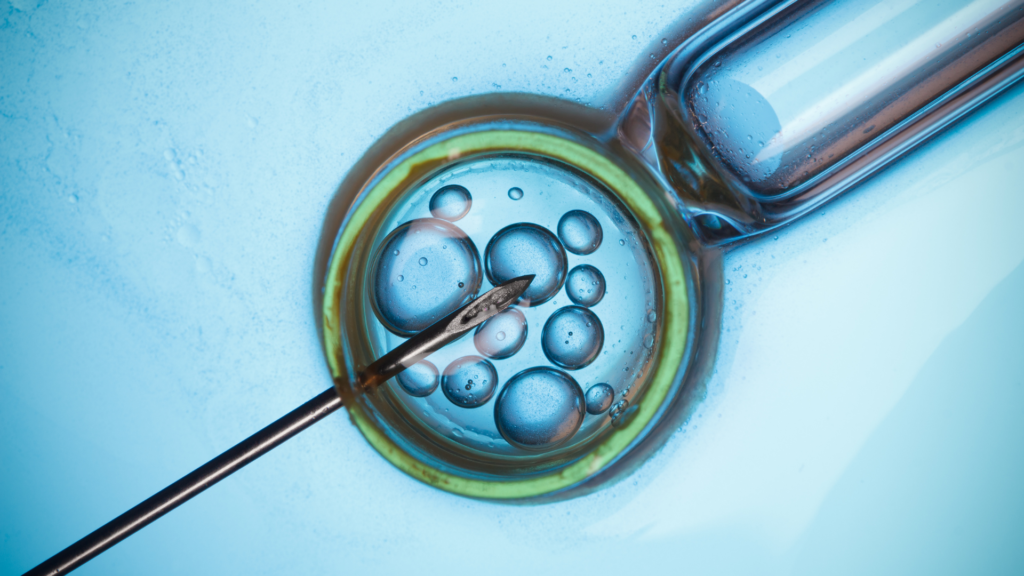Hormones are essential in IVF as they regulate various stages of the process to increase the chances of a successful pregnancy. Initially, hormones like Follicle-Stimulating Hormone (FSH) and Luteinizing Hormone (LH) stimulate the ovaries to produce multiple eggs. Gonadotropin-Releasing Hormone (GnRH) agonists or antagonists are then used to prevent premature ovulation. Human Chorionic Gonadotropin (hCG) triggers the final maturation of the eggs before retrieval. After retrieval, progesterone prepares the uterine lining for embryo implantation and supports early pregnancy. By precisely managing these hormones, IVF specialists create optimal conditions for fertilization and embryo development.
Hormones play a crucial role in the process of in vitro fertilization (IVF), as they are essential for stimulating the ovaries, preparing the uterine lining, and supporting early pregnancy. Here's a detailed look at the role of hormones in IVF:
- Follicle-Stimulating Hormone (FSH) is administered to stimulate the ovaries to produce multiple eggs.
- Luteinizing Hormone (LH) supports the maturation of these eggs.
- Gonadotropin-Releasing Hormone (GnRH) agonists or antagonists prevent premature ovulation, ensuring eggs mature properly for retrieval.
- Human Chorionic Gonadotropin (hCG) triggers the final maturation of the eggs, making them ready for collection.
- Progesterone prepares and maintains the uterine lining for embryo implantation.
- Estrogen may also be administered to support the uterine lining and maintain early pregnancy.




.png)

Comments